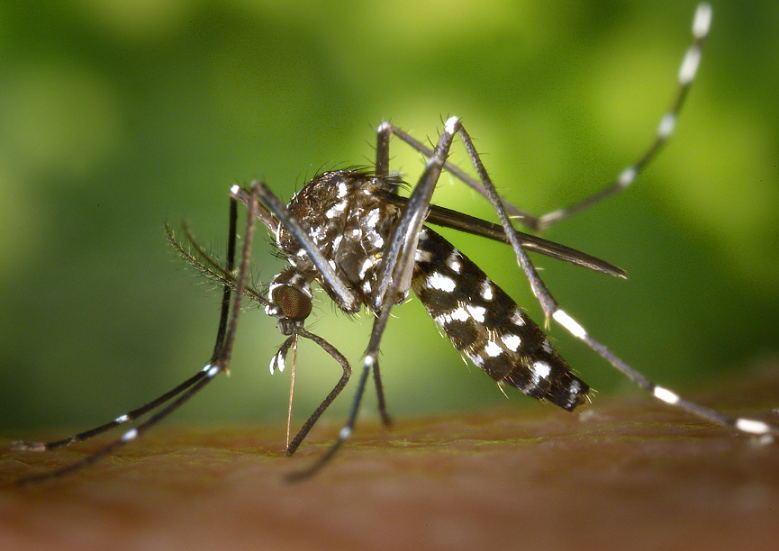
Angola’s ailing health system has a new illness to deal with: the Zika virus
Just as it seemed the Zika virus was under control around the world, Angolan health officials confirmed on Jan. 9 the country’s first two cases of the disease.

Africa’s largest oil producer is already struggling to overcome a cholera outbreak that has infected 106 people and killed six. Last year, an outbreak of yellow fever, also a mosquito-borne virus, left at least 400 people dead, with the government only declaring an end to the epidemic in December. These outbreaks have exposed and exacerbated the weak state of the country’s poor public healthcare system, despite years of prosperity thanks to an oil boom.
One Zika patient is a French tourist who has since returned home. The head of Angola’s department of hygiene, Eusebio Manuel, said the tourist left Angola after being diagnosed with the virus. However the World Health Organization said in its December Zika situation report that a conclusive diagnosis hadn’t yet been given, as the tourist’s yellow fever vaccination could present similar symptoms.
The other patient, more worryingly, is a resident in the capital Luanda. That case was registered on Dec. 26, and Angola’s National Directorate of Health has since put the country under epidemiological surveillance, with health officials monitoring any new cases, according to local media reports.
President Jose Eduardo dos Santos’ government last year imposed a series of budget cuts which affected healthcare, waste collection and water and sanitation services, partly in response to a fall in oil prices. This has made the country more vulnerable to the spread of communicable diseases.
The Zika virus was first discovered in Africa in 1947, but the continent was spared from a recent outbreak, which mainly affected Central and South America. The only African states to register Zika infections during the 2015 to 2016 outbreak were Cape Verde and Guinea-Bissau, with one case each . The World Health Organization (WHO) declared that Zika was no longer considered a global threat last November.

The Zika virus shows mild symptoms in adult sufferers. However, its worst effects can be passed on through some pregnancies, causing microcephaly—characterized by babies with exceptionally small heads and other birth defects. The 2016 outbreak is believed to have led to 2,300 cases of microcephaly in 28 countries, most of them in Brazil.
(Quartz Africa)






